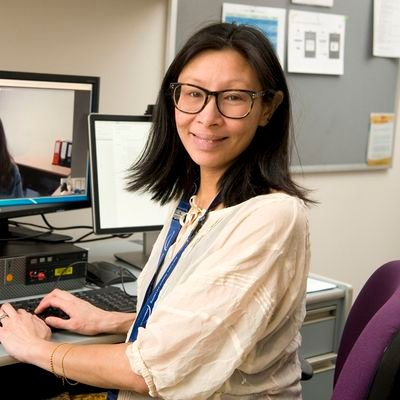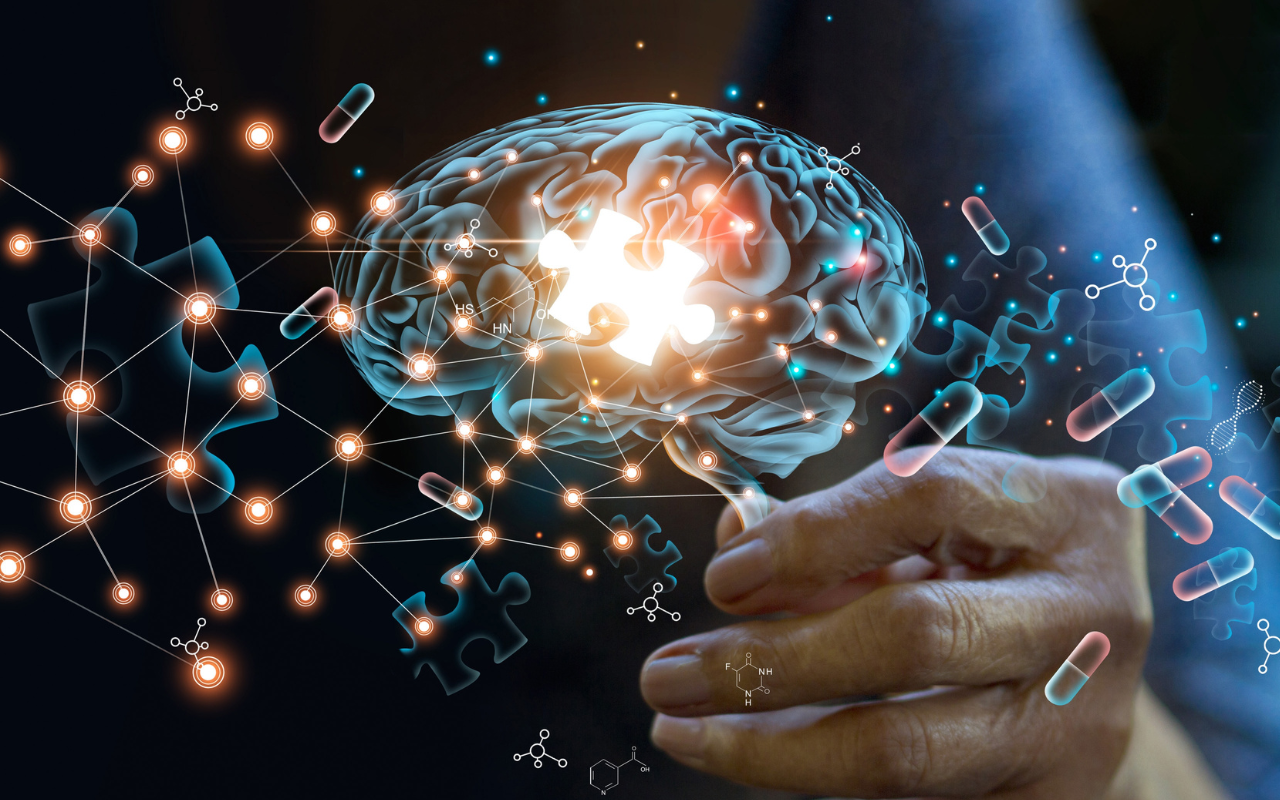The way Australian society views younger onset dementia needs to change so people with the condition have a better quality of life, according to a Narrative review published in The Medical Journal of Australia.
A comprehensive review of research relating to young-onset dementia (YOD) in Australia reveals more must be done to provide age-appropriate support to patients and their families.
YOD refers to any dementia that occurs before the age of 65, accounting for 5% of all dementia cases.
In an Online First for The Medical Journal of Australia, authors Samantha Loi, Monica Cations and Dennis Velakoulis review the literature on YOD from 2002 to 2022.
“As a neuropsychiatrist, I see first-hand the challenges that individuals with YOD and their families are facing, in terms of assessment, diagnosis and care,” Associate Professor Loi told InSight+.

The authors write that while there has been increasing recognition of YOD in the past decade and the unique challenges faced by YOD patients, more can be done to improve the quality of life and community participation for patients with YOD.
“Getting appropriate assessments (ie, neuroimaging, cognitive assessment and specialist review) [must be] easily accessible and available so that the path to actually obtaining a diagnosis for this devastating disease can be as short and painless as possible,” Associate Professor Loi said.
People with YOD live for many years after diagnosis, longer than patients with older-onset dementia.
A younger person’s presenting symptoms are also more variable than older-onset dementia, which can cause delays in diagnosis of three to five years (here and here) compared with the time to diagnosis for older-onset dementia.
Dementia Australia chief executive, Ms Maree McCabe AM, told InSight+ that with appropriate support and care, people with YOD can maintain their independence.
“People living with dementia, their families and carers tell us accessing support services early improves their understanding of dementia, their relationships and planning for the future,” Ms McCabe said.
“The right support at the right time can enable people with dementia to maintain their independence and functional capacity for as long as possible.”
YOD symptom onset often occurs at a time when people are at their peak occupational, familial and financial responsibility, which causes profound distress, reported feelings of loss of identity and hopelessness (here and here). People with YOD aged 45–64 years are two-and-a-half times more likely to die by suicide than people without dementia in the same age range.
“There have been considerable advances in the methods of assessing whether YOD is present and the subtype, however, because these individuals will live for on average at least a decade,” Associate Professor Loi said. “It is really about the ongoing care once a diagnosis is given.”
Most dementia care services in Australia are integrated with the aged care system (here and here), meaning these services may not be equipped to provide appropriate care to patients with YOD and their families.
The review said few long term housing alternatives exist for patients who are unable to live and die at home.
A suggested solution has been the implementation of supported disability accommodation, designed for cognitive disability, to be run in a hybrid model alongside aged care services.
People with YOD may benefit from a multidisciplinary approach including counselling, home modifications, support for activities of daily living, speech pathology, financial management, and assistance with advance care planning.
“Engagement with a good multidisciplinary team that can provide repeat assessments, assist with support and services as the dementia progresses. This will help maintain quality of life for this person and their family,” Associate Professor Loi said.
The article authors argue a paradigm shift is needed to change how society views dementia.
“We should be developing ‘dementia-aware’ communities so that there is increased knowledge, literacy and awareness and thus reducing stigma of dementia,” Associate Professor Loi said.
Maree McCabe agrees that more needs to be done.
“It is very important to create awareness about YOD,” Ms McCabe said.
“The more awareness there is, the greater the chance that someone may pick up on possible symptoms and raise this with their GP. This can lead to earlier diagnosis and earlier access to support.”
“It is important that people know there is information and support available to them. GPs and health professionals should let their patients know that no one should have to face dementia alone.”
Subscribe to the free InSight+ weekly newsletter here. It is available to all readers, not just registered medical practitioners.

 more_vert
more_vert
In medicine- “Prevention is better than a Cure”.
In general dementia can be multifactorial as in other disorders but majority of it can be triggered by genetics, bad environmental experiences/traumas and unhealthy lifestyles common nowadays(Drugs, Alcohol and poor nutrients processed diets.)
If science and medicine can find some preventive ways to reduce or manage better these dementia related factors, then maybe we can say – if there’s a way there is hope and controlling the menace of any Dementia progressing.
My younger brother, who is single, has frontotemporal dementia. In retrospect, symptoms first started appearing 9 years ago in his early 50s. It is a cruel, relentless disease. As his Attorney, I’ve been managing his affairs and care (but without him realising, and often with his vehement rejection due to lack of insight and the specific effects of FTD) for the last 3 years. Having reached the stage where he was at risk to others as well as himself, he has now been in hospital for 3 months. He is in the same clothes he went in wearing, refusing to shower or change. There are no diversionary activities and there is no outdoor access. He has aphasia and is highly distressed when he sees people he recognises as he wants to leave. He shows this by hitting himself in the head.
We have involved every agency possible and there is currently nowhere in Melbourne Australia that will care for him.
The emotional toll, practical and intellectual work and time involved in effectively looking after and managing my brother has far outweighed anything else I’ve encountered in my life.
I write as a person who had a long career as a GP, practised obstetrics, taught med students, raised four children, and had two open-heart operations.